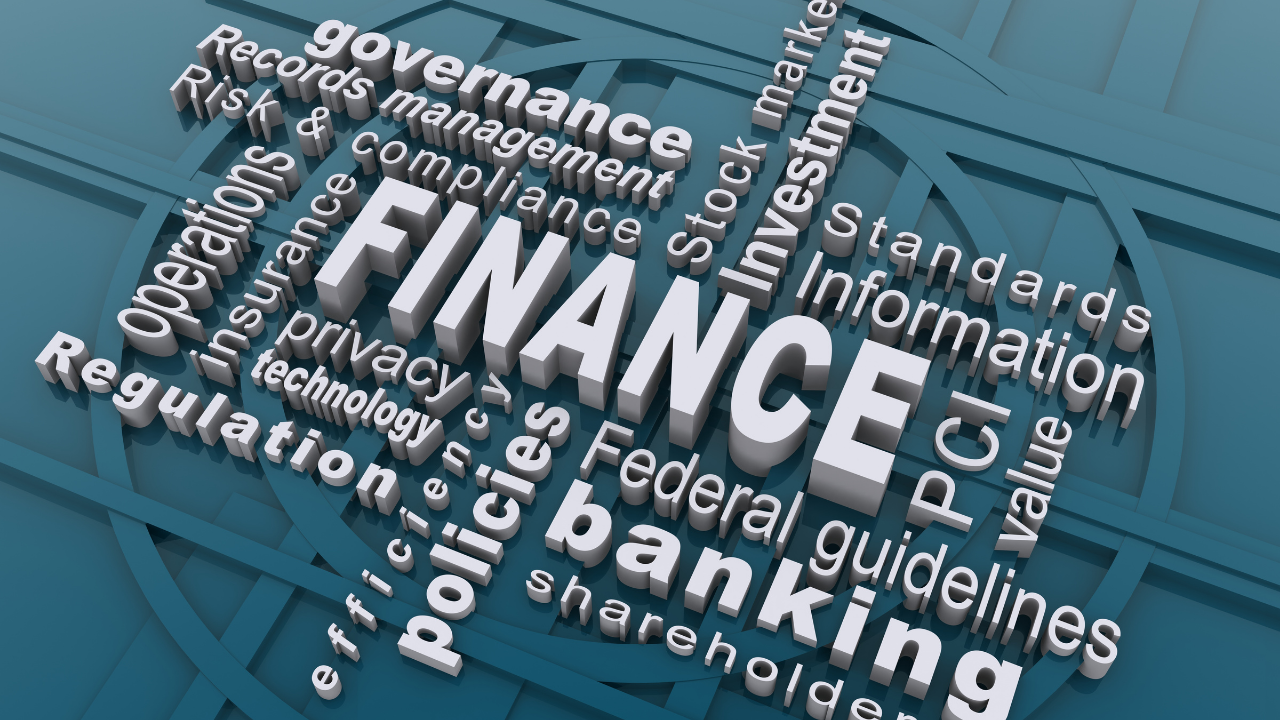DeFi has the potential to create open source, permissionless and fair financial markets that are inclusive and accessible to anyone with an internet connection. Transactions are transparent and verified by other users of the network. In addition, the data on the blockchain is tamper-proof, secure and auditable. Users can keep full control over their assets and interact with the DeFi ecosystem via decentralized peer-to-peer (P2P) applications (DApps).
Here are some of the most notable ways people are getting involved with DeFi today:
- Borrowing and lending: Open lending protocols make borrowing and lending cheaper, faster, and accessible to more people. In addition, decentralized borrowing and lending has many benefits. For example, you can settle transactions instantly, secure digital assets, and there are no credit checks.
- Asset management: many DeFi protocols provide tools to help users manage their assets. As a result, you can earn interest and rewards. In addition, DeFi allows you to keep your personal data private.
- Decentralized Exchanges (DEX): These platforms allow you to trade digital assets without needing a trusted intermediary such as an exchange to hold your funds. The benefits of a DEX include lower fees and users have full control over their assets.
- Stablecoins: a class of crypto-currency tied to a real-world asset to reduce volatility, stablecoins are closely tied to the DeFi space. Since crypto-currency prices can sometimes fluctuate rapidly, stablecoins allow users to avoid losses during times of increased market volatility. To minimize risk, always use stablecoins backed 1:1 with an equivalent fiat currency.
- Blockchain Games: Decentralized games are one of the most popular applications in the blockchain ecosystem. Popular gaming dApps like Axie Infinity reward players with exciting gameplay and financial incentives, turning game time into a revenue stream.
Benefits of DeFi

- Flexible and fast – You can do business and move your assets wherever you want without having to wait for wire transfers or pay conventional bank fees. Plus, transactions are in real time and interest rates are updated multiple times every few minutes.
- Authorization-free and inclusive – One of the main advantages of DeFi is easy access to financial services. Anyone with a crypto wallet and an internet connection can access DeFi services.
- Transparent – Thanks to blockchain technology, DeFi data is unforgeable, secure and auditable. Every transaction on the blockchain can be seen and verified by other users on the network.
- Users can retain control of their assets – DeFi apps do not require intermediaries or arbitrators. Users can retain control of their funds at any time within the ecosystem via non-depository crypto wallets or via a contract-based smart depository – the depository holds the deposited tokens until the payment terms are met.
Conclusion
Decentralized finance refers to a crypto-currency industry that strives to bring most of the capabilities of traditional finance into the crypto-currency space. It does this by breaking down different financial services and decentralizing them. Specifically, this industry brings monetary services such as lending, borrowing, interest and asset trading through the power of smart contracts.
